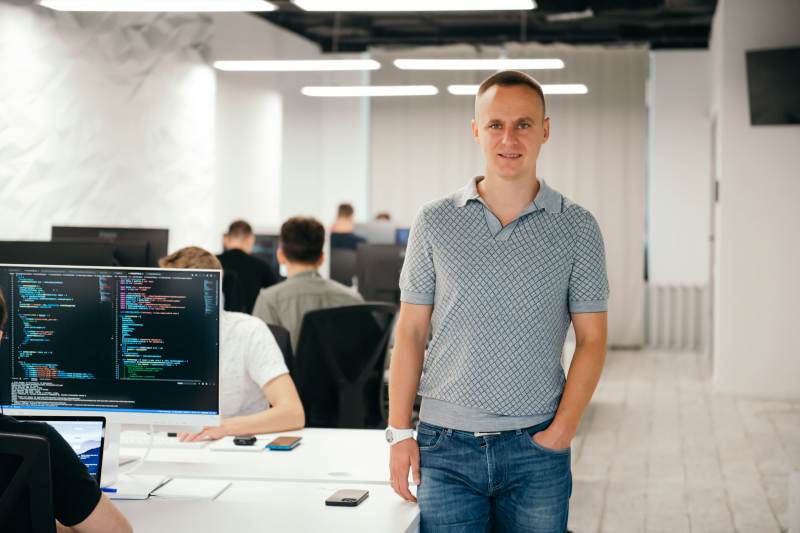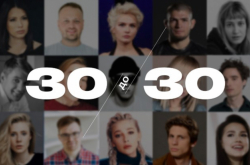You started to work in security systems when you were still an ITMO student. Could you tell us about your first projects?
When I was in my third year of studies, I started to work at the UltraStar company and sell mobile phones. I fell in love with this company after speaking to its owner. He shared his experience with new employees and talked about the way he launched his business in the ‘90s. At first, he was involved in selling satellite dishes. One day, he came to a client to install a dish, took his shoes off, asked for a mop to clean the dust, and only then started to work. His client had tears in her eyes as she explained: “We’re used to everyone coming in without taking their shoes off and not caring about our home and comfort. I’ve never encountered such an attitude before.”
That’s when he realized that people pay for good service and if you provide it, your product will be more expensive. If you’re used to doing everything properly for yourself, then do the same for others. That’s what became a key factor to me – I liked this company and worked with pleasure. I couldn’t sit still and always walked around or even danced a little. Our supervisors wrote about me: “This young man sells everything he likes while dancing.”
It’s important to do what you enjoy. A top manager of any level should, first and foremost, be a good sales manager. I started by selling mobile phones and then switched to security systems. I worked there until UltraStar was bought by Evroset’. New owners stopped selling security systems and I didn’t want to work under the new administration, so my brother and I decided to launch our own business.
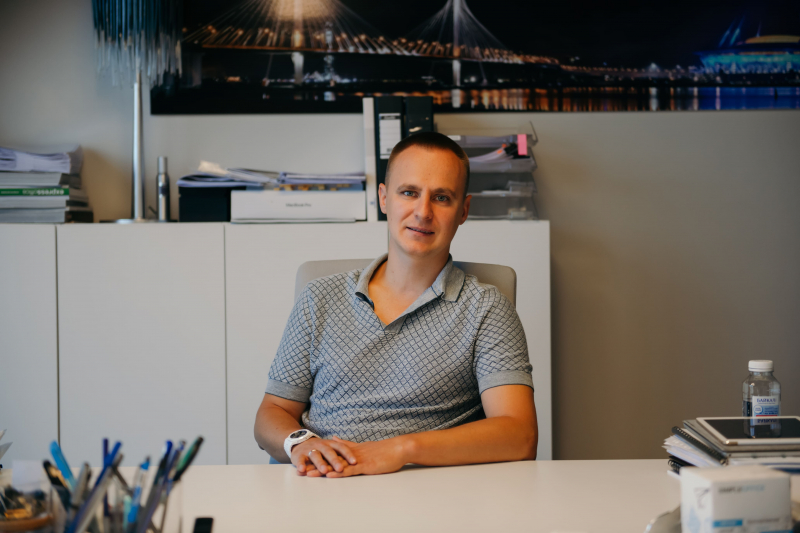
Vadim Zayats. Credit: Nikita Seliverstov / Megabyte media
What kind of business was that?
When Evroset’ bought UltraStar, we ended up with many clients who needed security systems, so my brother and I bought a small mounting company and started to provide this service. We installed the systems in apartments and business centers. Typically, the commission wasn’t big – something like $10,000-20,000. That’s when we realized we would like to work for ourselves only. Of course, we’ve made a lot of mistakes and have lost and sold everything twice. The first time was due to the lack of money management skills and not understanding that some operational expenses are essential.
The second time, we didn’t get the number of employees right. We put all of our forces on a project and once it was done, the employees remained. We’ve spent all our operating income on them. But we’ve made it through this.
You launched this business with your brother and have worked together ever since. Is it hard to manage a business with a family member? Who’s responsible for what?
We’ve always been friends and worked together. We have a sense of agreement on which things are mine to decide and which are his.
We’re kind of different in terms of personality and skills. I graduated from a program in math and computer science and he – in finances and credit. Correspondingly, he’s responsible for finances, law, marketing, and systematization of sales. I’m engaged in products, operations, and projects, but strategically, we’re looking in the same direction.
There are short-term partnerships when you agree on terms of joining and leaving and there are partnerships that last no matter what’s happening in your life. That’s how a healthy partnership should look – we always hold on to these principles and sometimes, the first type of relationship develops into the second one.
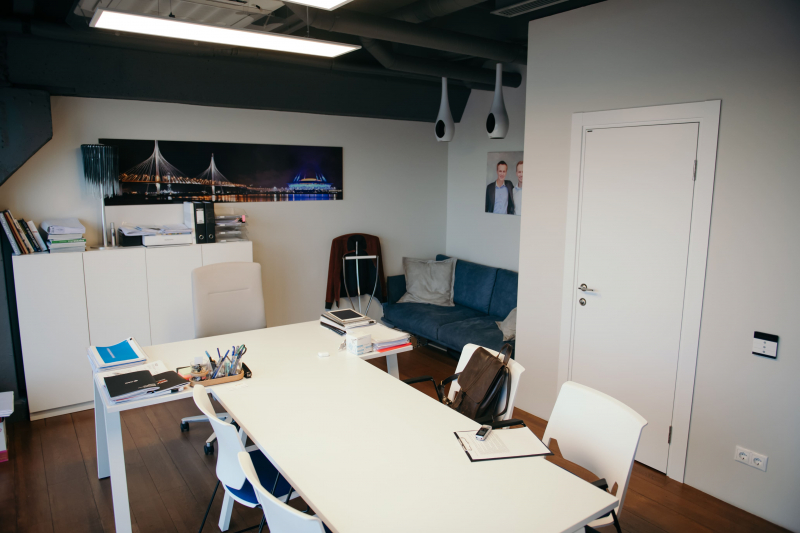
LIIS Engineering Solutions office. Credit: Nikita Seliverstov / Megabyte media
You’ve said that you failed twice. How did this experience help you?
The first time it happened because we didn’t know how to calculate our operating costs. So we had too many prepaid expenses, took some money for our personal needs, and as a result, we didn’t have enough to complete our project. Luckily, we didn’t waste the money we took but invested it successfully. The project was completed but it took us more than a year to overcome this challenge.
When you work consistently, you’re able to work better and faster. But when you constantly have to solve occurring issues, call people and answer others’ phone calls, explaining this and that, then it’s impossible to plan your work. And if you can’t do it, your employees won’t be able to do it either. This situation taught us that even if there are prepayments or extra income – they don’t belong to us. It’s only when you have a final signed document that the job is done that you can take something out.
We work on long-term projects, about a year each on average. So we can’t freely spend our money, which motivates us to be careful with it.
Once, our employees served us a cake with a Rolls Royce figurine and my response was: “If you ever see me driving a Rolls Royce – quit.” For example, the owner of Avenue, the business center we’re working in, is a billionaire but goes to work on a scooter.
Who helped you launch your business?
Overall, five people had an impact on our business. The main one is our father. His impact lies in our upbringing and the ability to pose the right question instead of giving advice or helping directly. The other four are different entrepreneurs, each of whom had a significant influence on our growth. Someone once said “a startup is when your mouth is full of glass and you’re standing on the edge of an abyss and chew it. Entrepreneurship is when you start to enjoy it.” That’s why few people get into this field.
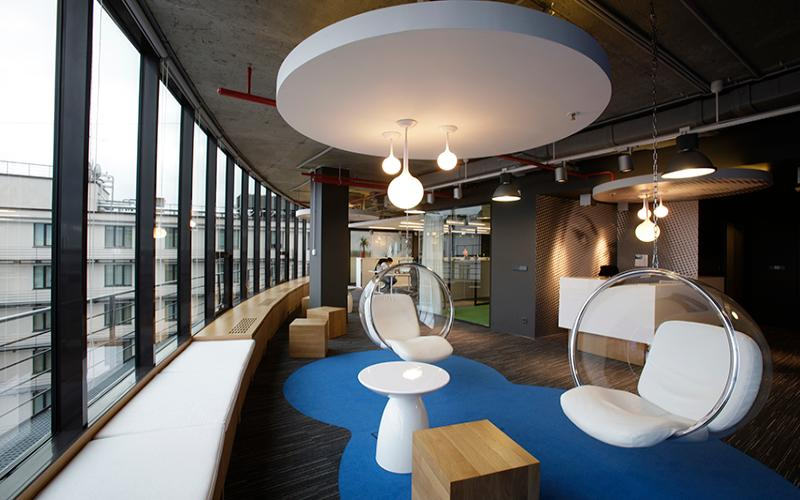
VK office by LIIS Engineering Solutions. Credit: liis.su
Could you tell us about your first major projects, like the VK office. What was it like?
It all started with us making a smart home for a friend of mine. One of the VK shareholders paid him a visit and said that he would like to have the same system. Our clients often come to us more than once, on average, each of them comes back to us more than four times. Correspondingly, once we’d made several smart homes for a few of the VK staff, we ended up with a new project – a smart office for them. So we automatized their working environment as well.
What does smart home mean?
Many people think that a smart home is something expensive, barely functioning, sensitive, and hard to operate. Our motto is “a smart home in every home.” We aspire to dispel myths about it. We’ve created a solution that doesn’t need to be programmed but simply set up. We sell it to major developers such as Ingrad and Capital Towers.
Overall, a smart home is about four major aspects: lighting, microclimate, safety, and multimedia. It’s important for us to create convenient scenes.
Microclimate is related to electronics. For example, electric curtains with heat refraction can roll down automatically if the sun’s out. Such curtains reduce some of the heat and the room doesn’t get too warm, so there’s no need to use the AC. This is a definitive factor for energy efficiency – to make all systems work together. Multimedia includes TV, music, and remote control systems. It allows us, for example, to put on music at different volumes in different rooms.
Our task is to develop and come up with a convenient scene so that it would be user-friendly. It comes down to details, such as the placement of buttons and intuitive user interface.
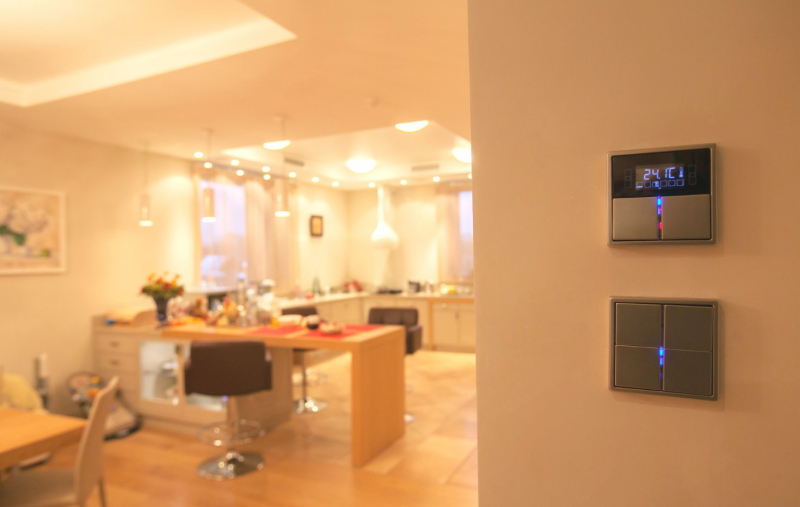
Project for a house in Lakhta by LIIS Engineering Solutions. Credit: liis.su
Can you give us some examples?
For example, we worked on presidential suites at the Grand Hotel Europe in a very short time. We had to equip all seven presidential suites (over a thousand square meters), place switches and program them. And when the president of this hotel chain arrived, he asked me to explain to him how everything works. So I did and he never had to double-check anything.
And the most interesting thing is that during all this time we have never altered anything or reconfigured the systems. Even though the top officials and members of official delegations have repeatedly stayed in these suites during the annual St. Petersburg International Economic Forum. The only time we changed something was during the visit of the prince of India. He asked to speed up the air conditioning.
For the control system implemented in the hotel, we received an award in the Crestron Integration Awards international competition. We’re the only company from Russia to have won this prize over the entire history of the competition.
Then we realized that we need to learn to make systematic ready-made solutions out of individual complex solutions in absolutely everything. First, we make a complex project for one client, and then we think about how to deconstruct it into many small parts and make a ready-made software module or a ready-made solution out of them so that we can simply assemble it later. That’s how we managed to program the Lakhta Center.
We had only several months to program almost 400,000 meters. A total of 20 programmers were engaged in the task, which is way too few considering the number of square meters and controllers. If we wouldn’t separate the object into many small fragments, write ready-to-use programming modules, and configure them on every floor, we wouldn’t have been able to make it.
Plus, the system had to be edited all the time. Any change in any controller influences other parts as well. If you do it manually, it’s too much, so we made a pattern with changes and multiplied it hundreds of times. That’s why we can implement complex objects quickly.
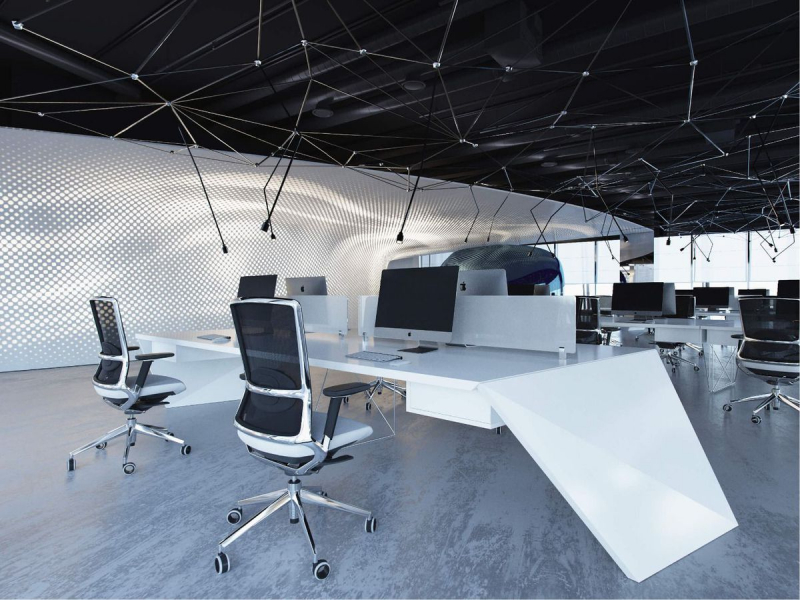
Office at the Lakhta Center. Credit: fullhousedesign.ru
Could you tell us about the tasks solved at the Lakhta Center?
We’ve created an automatization and dispatching system at the Lakhta Center. This is the largest system in Europe in terms of the number of signals at the time of the building’s completion: it’s 250,000 signals that will grow to one million signals further, as the offices get equipped.
We have automated the system of refrigeration, heating, power supply, electric lighting and much more. Initially, we were invited to do a small project and perform an audit. We took a look and suggested how to optimize the system, and then we were invited to sign a larger contract. For us, it was a challenge – we, a small company with a turnover of 200 million rubles, were able to swing a contract for more than a billion. This was hard work. And if our team didn’t sincerely believe that we would succeed, we wouldn’t have been able to do it.
Who’s on your team? What’s your key principle?
We follow the Grow or Out principle. There are few employees in our company who joined us with many years of experience. It’s easier for us to let people make mistakes and not punish them if they’re passionate about their job and have certain qualities. It allows them to grow by working on their mistakes. There are 20 team leaders in the company, plus my brother and I. Each of them joined us in another position – a junior specialist, programmer, administrator, etc. – and then grew and formed a team to lead.
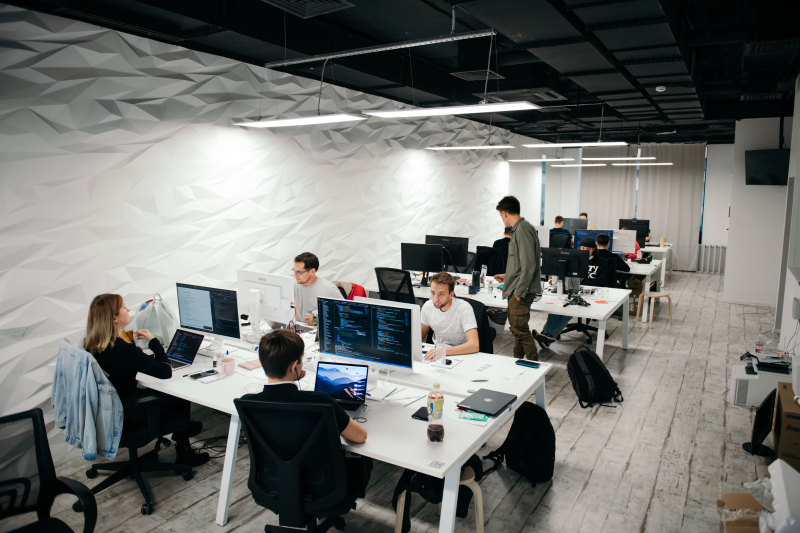
LIIS Engineering Solutions office. Credit: Nikita Seliverstov / Megabyte media
Can ITMO students and graduates join your team? What competencies do you expect from them?
Sure, we have a lot of young employees. For example, my assistant joined us when she was 19 and now she’s the head of our creative department. My friend, Andrey Lushnikov, a billionaire, once made a presentation for young entrepreneurs and I asked him what it was about. He said: “Talking to young people is different than talking to people like us: they have passion in their eyes and think outside the box.” Young people are creative, they speak briefly and on the topic, as well as provide more energy and value. It makes you want to share your experience with them.
We often hire young people and during the interviews with junior programmers we ask what kind of technology-related magazines they like to read. If the interviewee says that as a child, they used to read Young Engineer (Юный Техник – a children’s magazine about science and technology – Ed.) or work with a soldering iron – they’ll fit right in. Moreover, in our experience, all employees with healthy family relationships, usually have greater willpower and the desire to reach a goal.
I have come up with a certain formula for the kind of employee that can be a part of our team. For example, we will never hire a sales manager, a young man, if he’s been going out with a girl for many years and still hasn’t married her. We don't need such an employee. He doesn’t have the acumen to come and do the task at any cost.
We’re not trying to lure employees in with a big paycheck. People who want to work, are ready to join us for an average salary and then, as they grow, their system of motivation changes.
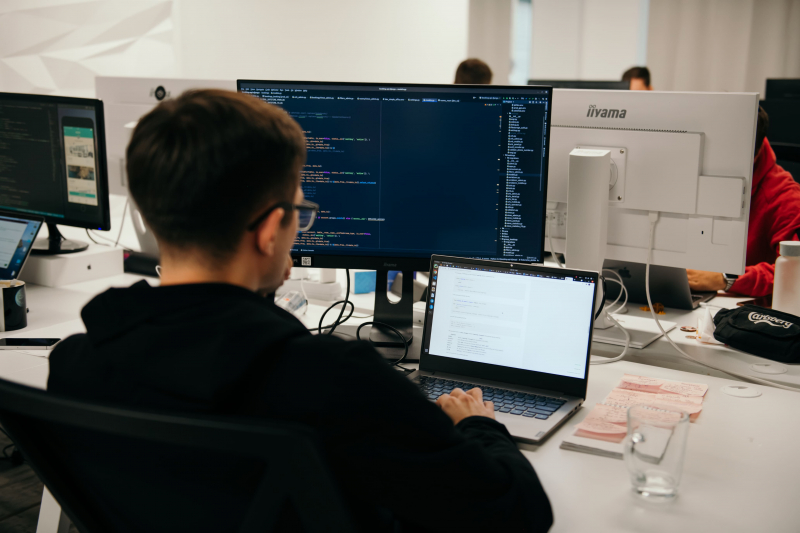
Credit: Nikita Seliverstov / Megabyte media
How can scientific research benefit a high-tech company? Should companies conduct their own research or invest in it?
Due to the fact that we develop complex and systematic products we must constantly monitor whether we’re moving in the right direction and whether the market needs our product. Therefore, we test all hypotheses and products independently first. My brother and I consult with each other, allocate money, and assemble a team that will deal with this product. Then we determine the period by the end of which we decide whether it’s worth further development.
Scientific projects are always in demand. It’s weird if a company doesn’t do them. Sure, you might have a great idea, but the idea by itself doesn’t matter. To make a product, you need to assemble it from a large number of components, each of which needs to be tested in practice. To understand whether you need a product and whether you can make it, you need to process a lot of ideas and hypotheses and be in a team with like-minded people.
